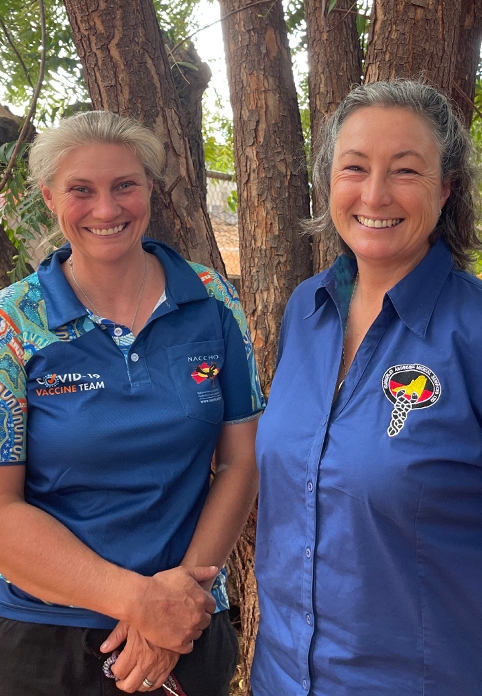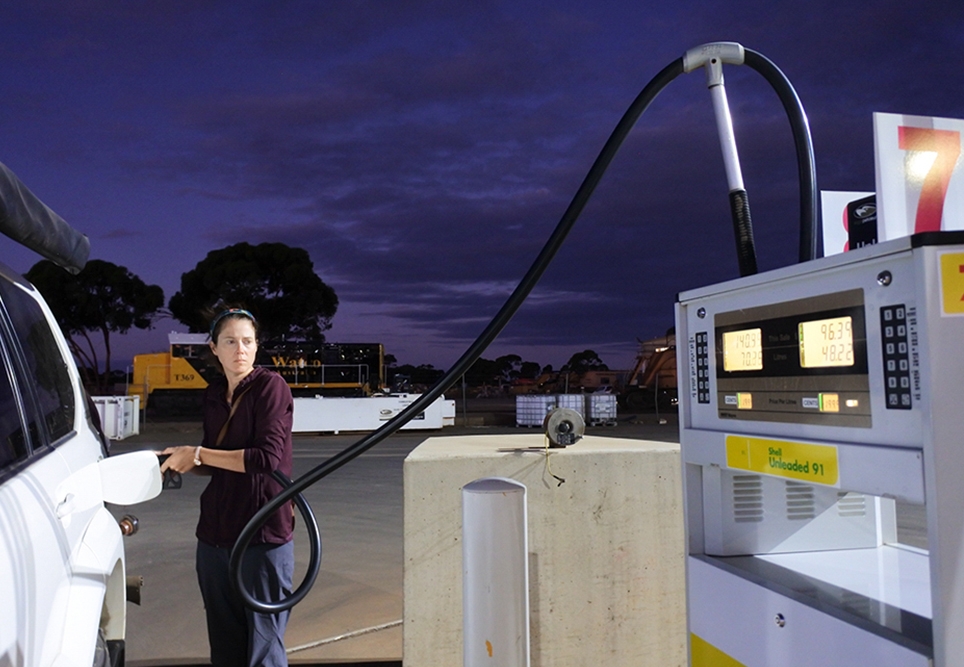This site may not work properly using older versions of Edge and Internet Explorer. You should upgrade your browser to the latest Chrome, Firefox, Edge, Safari, or any other modern browser of your choice. Click here for more information.
Your Stories
This is where we tell your stories, cover topical issues and promote meaningful initiatives.
Converse Culture Shock – Unaccustomed to the familiar
When you return from a stint in a remote community, home life can suddenly seem unfamiliar, write CRANAplus Members Ms M Press and Ms R Caine. Most of us recognise culture shock as a condition affecting those heading remote, but what about when your contract is over? This article was reviewed by C Anderson.
My colleague and I have been working together in remote facilities for years. Recently, we began travelling and working in some of the most remote communities across our country. Living our best lives! We structure our contracts around family time, to create and maintain a work-life balance that had been eluding us for several years.
Sure, frequently travelling to new locations always presented some unfamiliarity and unsettled days whilst we resettled and grounded – but we knew from experience it would pass. It does.
Duchscher (2018) proposed the transitional shock model, ostensibly for new graduate nurses as an experiential time frame spanning 12 months. This is a phenomenon we recognise as present with each new contract (with a much shorter time frame), which reinforces awareness of how important self-care and self-awareness is.
We are well versed in self-care strategies, self-management, hitting the ground running and transitioning quickly into new locations and environments.
At the end of our contracts we always look forward to heading back to our beloved property and animals, the opportunity to reconnect with family and give loved ones some attention. However, what we did not expect to repeatedly experience was unfamiliar sensations in familiar environments.
The sights, sounds, throngs of people, beeping, sirens, fumes, noise. Busyness.
Too many choices in the supermarkets, frenetic pace, traffic. We are not referring to major cities – we live in Australia’s outback! We are referring to country towns.
Transiting through capital cities’ airports and hotels to get home poses a next level sensory overload. Overwhelming. An assault to every sense we have. We long for the serenity of remote. We find ourselves seeking trees and grass rather than concrete.
We seek out corners of airports rather than the swarm; we take several days of quiet time once we arrive home to settle back into the (now unfamiliar) familiar surrounds. This then chews into the precious time that we have at home with our loved ones.
It took us several return trips (at the end of contracts) to determine that these sensations were replicated each time, even when we knew that there was a likelihood that we would experience them. We spoke with other RANs across the country and determined that our experiences were common. In fact, every RAN that we spoke to said they have similar (to various degrees) transitions when they re-enter mainstream society. We call this transition ‘converse culture shock’.
Culture Shock, broadly defined as (Mitha et al 2021, online) “the feelings of anxiety or discomfort a person experiences in an unfamiliar social environment” has been long accepted, researched, documented and strategised as a process commencing upon the arrival and for a period at the beginning of a remote placement for RANs.
The recommended implementation of self-care strategies as preparation, and additionally the building of individual resilience and retention, is effective for working in remote environments.
However, we conducted research to no avail to try and better understand the process of converse culture shock.
The closest parallel we were able to draw (from lived experience) is that it is similar to the reintegration challenges experienced by returned service men and women.
There has been extensive research conducted with military and ex-military personnel around the reintegration into civilian society. Romaniuk & Kidd (2018) discuss key challenges of reintegration into society post service, including differences in cultures, experiencing an identity crisis, and disconnect and separation from their military community.
The feelings and emotions provoked even many years after leaving the military are very similar to those when returning from remote contracts as there are many parallels including the structure of remote living; the rich, strong sense of community, belonging and connection to people and country; and, most importantly, a singular but shared purpose.
Returning ‘home’ doesn’t feel as welcome and familiar anymore. Returning to our ‘regular’ lives does not appear to be as simple as it seems.
This transition eats into our precious time with family and recovery between contracts, which is an important step to enable us to continue to provide exceptional care to those most vulnerable whilst maintaining a healthy work life balance.
Thankfully, the self-care strategies promoted by CRANAplus work for us just as effectively when leaving remote communities and reintegrating into our familiar lives as they do when we arrive at remote communities. Thank you CRANAplus!
Click here to access mental health and wellbeing support and resources through CRANAplus.
References
Duchscher, J. (2018). Stages of Transition and Transitional Shock. Journal for Nurses in Professional Development, 34(4). 228 – 232. DOI 10.1097/NND.0000000000000461
Mitha, K., Sayeed, S. A., & Lopez, M. (2021). Resiliency, Stress, and Culture Shock: Findings from a Global Health Service Partnership Educator Cohort. Annals of global health, 87(1), 120. https://doi.org/10.5334/aogh.3…
Romaniuk, M., & Kidd, C. (2018). The Psychological Adjustment Experiences of Reintegration Following Discharge from Military Service: A Systemic Review. Journal of Military and Veterans Health, 29(2), 60 – 73.


